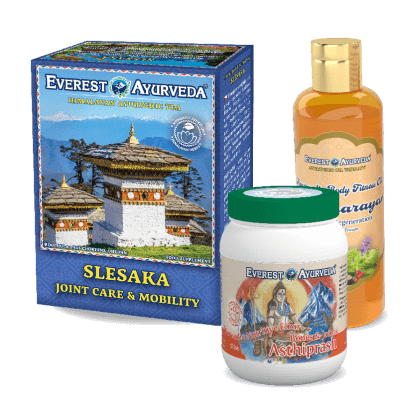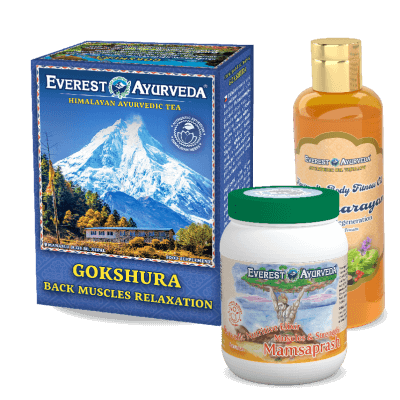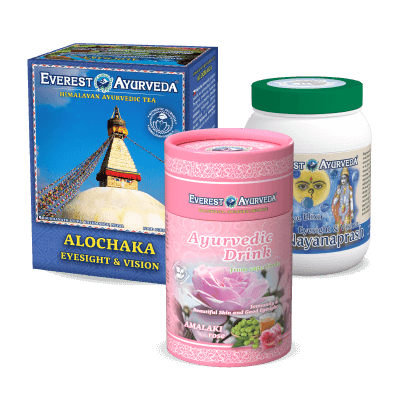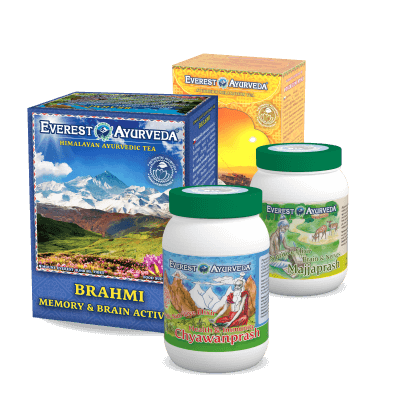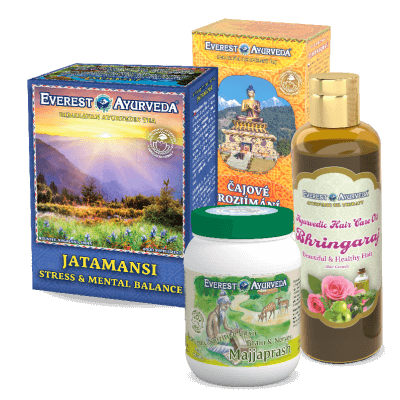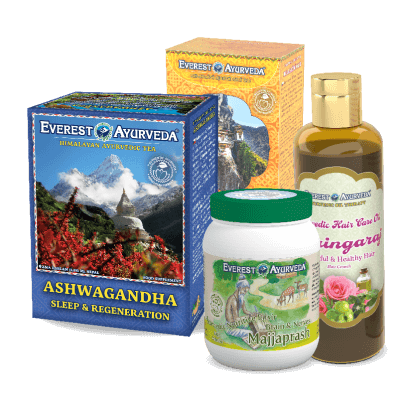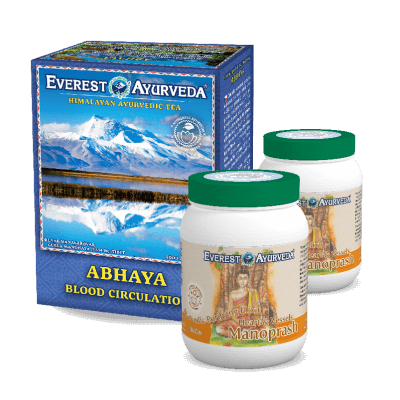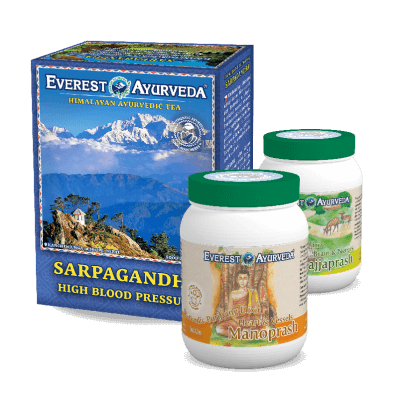Time for Change
Stress is the defensive mechanism of the body in the critical life situations. At times of danger, it causes an increased production of hormones, that help us to respond immediately to the situation under the slogan "fight or flee" in accordance with our constitution. If we do not consider stress to be a harmful matter but also a useful warning signal, that points out the necessity to make changes in our life-style, then we will be able to prevent its negative effects.
Stress Factors
Feelings of stress are caused by many everyday factors such as: hectic morning, traffic jam, aggressive rides, conflicting relationships, fear, annoying superior, accumulated tasks, time pressure, overwork or burnout syndrome. They result in the digestive and metabolic disorders, weight loss, fatigue and exhaustion, cardiovascular, nervous and reproductive system dysfunctions, weakening of immunity, muscular spasms and stiffness of the musculoskeletal system. Excessive stress causes irritation, difficult communication, and the feeling that nobody understands us.
7 Simple Tips for Better Stress Management and Healthy Relaxation:
- Slow down your constantly busy rhythm of life.
- Pay more attention to yourself, learn to relax and enjoy healthy sleep.
- Prepare a hot bath.
- Take care of your skin and rub it with warm Ayurvedic oil as part of a full-body self-massage (abhyanga).
- Regenerate the body with meditation, exercise, sport or in being with nature.
- Read inspirational books.
- Share quiet moments with people who understand you.
Read more in the article Stress and Negative Emotions - Consequences and Advice from an Ayurvedic Perspective.
The Harmony of Opposites
According to the ancient Ayurvedic texts, the universe and the dynamics of its creation are based on the constant interaction of opposites. Behind all existence of life, there is the power of three cosmic qualities (sattva, rajas, tamas), from which twenty basic properties (gunas) derive. They are divided into ten opposing pairs (cold-hot, static-mobile, dry-oily, dull-sharp, heavy-light, soft-hard, gross-subtle, smooth-rough, liquid-dense, cloudy-clear) influencing our feelings and thoughts. Their balance or imbalance affects our physical and mental state. Stress factors or situations greatly increase some of the opposite properties and thus provoke our reactions, which then disturb our balance from the normal state. The most effective method of reducing stress is to consciously cut down its factors and causes. Still, we are exposed to stressors that we cannot influence or eliminate every day. That is why we need to bring our psychosomatic doshic constitution (vata, pitta, kapha) into natural stay of balance, thus enhancing the overall resistance of the body.
Take the indicative Dosha Test and discover your own constitution!
Meditation and a healthy mind
With excessive stress, blood vessels constrict, causing increased blood pressure, mental rigidity and muscle stiffness. This state of constant muscular tension causes wrinkling of the skin on the cheeks and body and is the cause of premature aging. The best way to reduce stress is the practice of yoga and meditation. Countless health studies have shown that meditation naturally dilates blood vessels, improves blood flow, normalizes blood pressure, oxygenates cells and relaxes muscles. During meditation, thoughts, feelings and emotions are calmed. Slow breathing brings significant release from tension and brings an experience of inner stillness, peace, love, freedom and compassion. Let the life flow and become a conscious observer of it.

